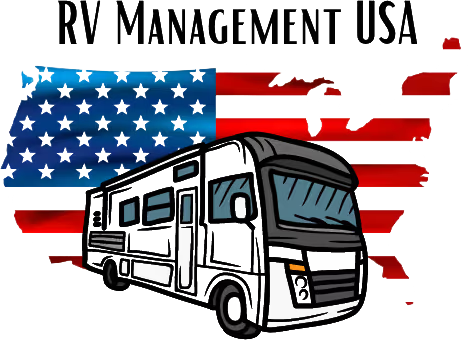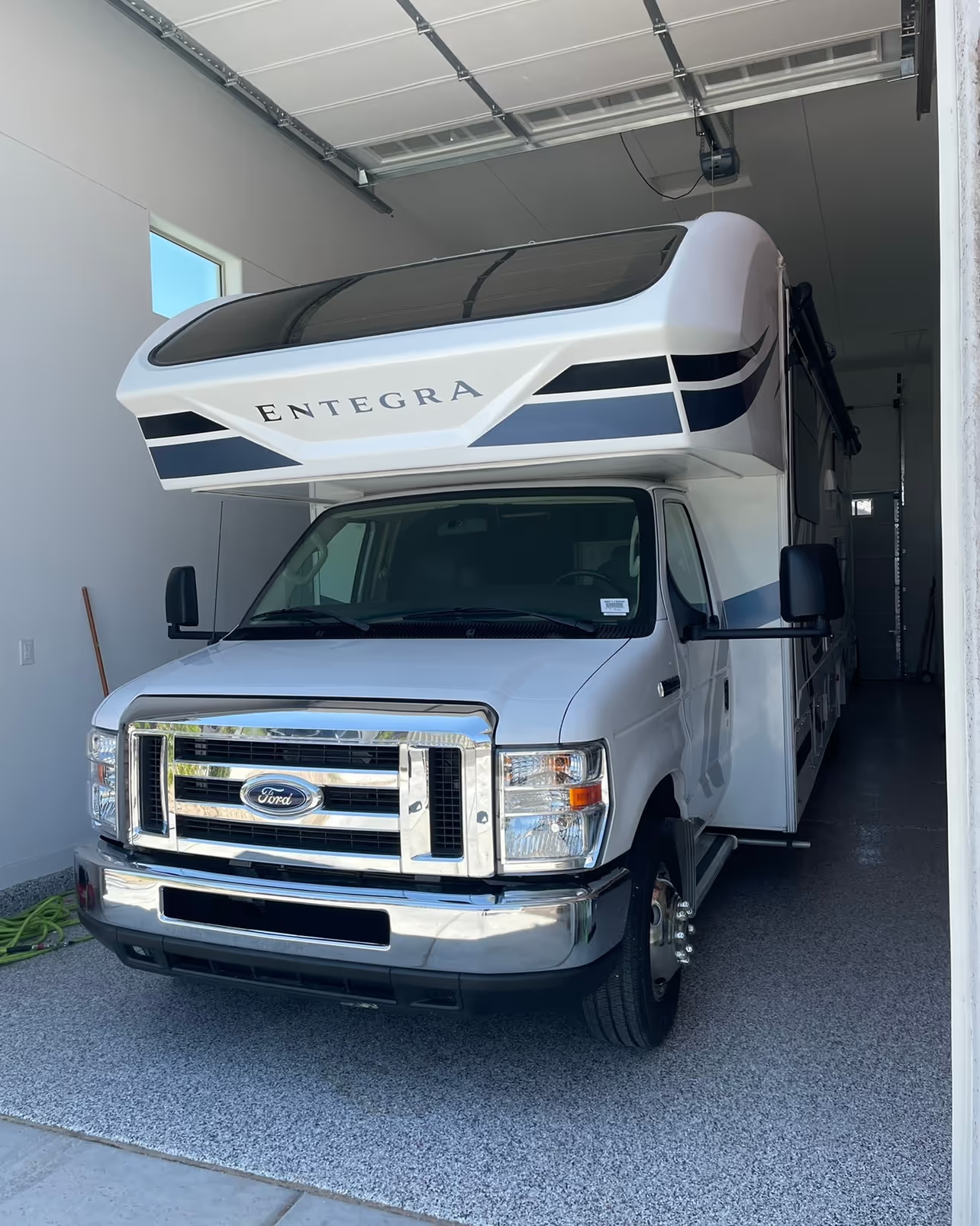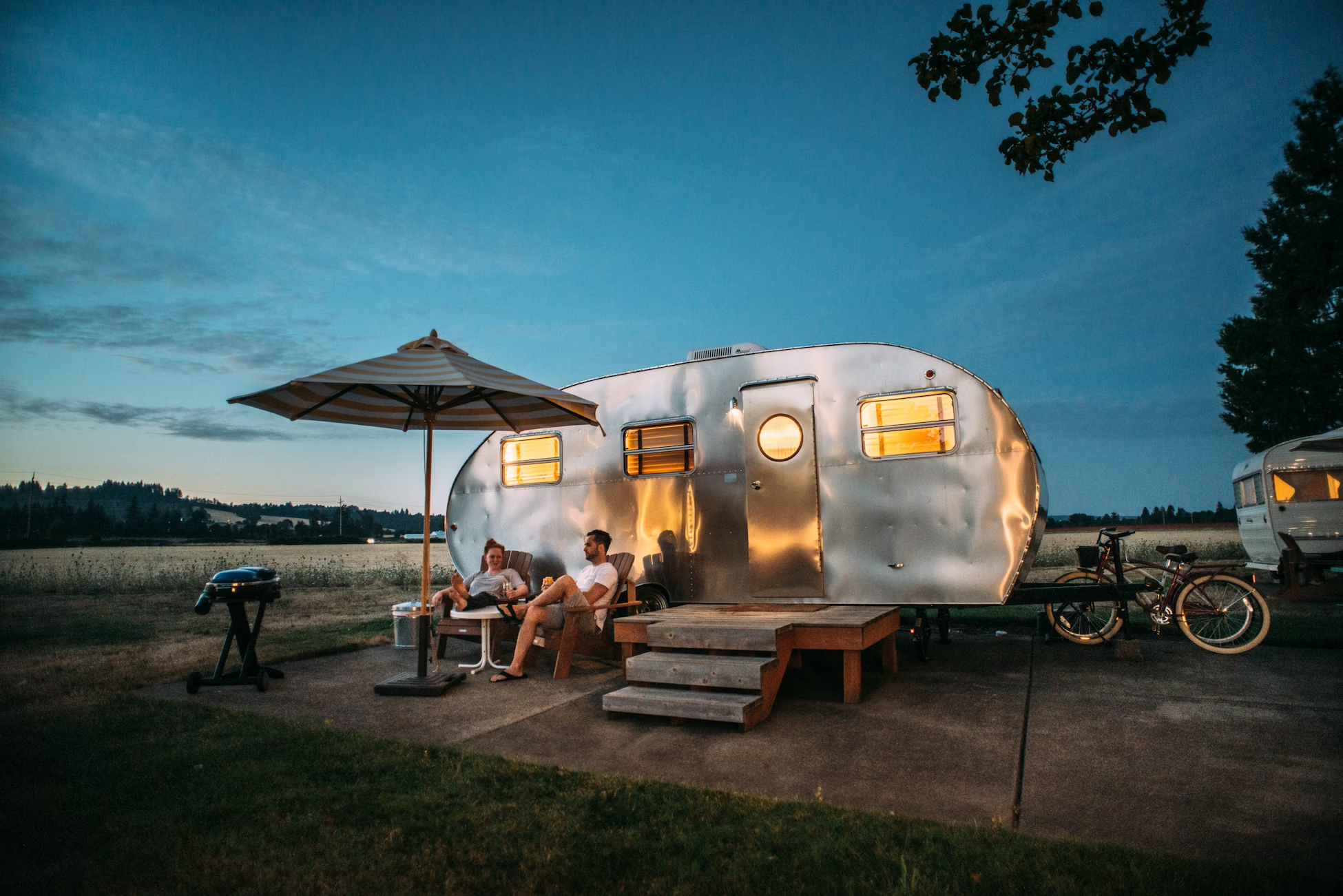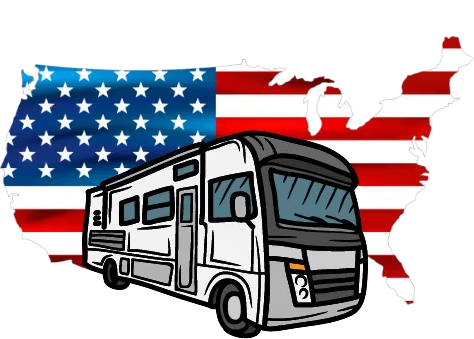RV rentals have become one of the most exciting segments of the sharing economy, following in the footsteps of platforms like Airbnb and Turo. But unlike traditional travel or car-sharing models, RV rental combines both mobility and accommodation—making it uniquely suited for modern travelers seeking flexibility, value, and experience over ownership.
In this article, we’ll explore how the sharing economy mindset has shifted expectations around RV use, why peer-to-peer models exploded in popularity, and what this means for owners, renters, and the future of managed RV fleets.
Table of Contents
- What the Sharing Economy Is—and Why It Works
- RV Rentals as a Natural Fit for Peer-to-Peer Platforms
- The Rise of Trust, Reviews, and Ratings
- Guest Expectations: From Transaction to Experience
- Why Owners Are Opting Into the Rental Ecosystem
- How Management Companies Bridge the Gap
- Final Thoughts: Renting, Not Owning, Is the New Normal
1. What the Sharing Economy Is—and Why It Works

The sharing economy refers to peer-to-peer systems that allow people to monetize underutilized assets—cars, homes, tools, even skills. Instead of ownership being the goal, access becomes the value.
With platforms like Airbnb (homes), Turo (cars), and Outdoorsy (RVs), the sharing economy thrives because:
- It creates income for owners
- It lowers costs for renters
- It builds community and trust through digital platforms
In a world where many travelers prioritize experiences over things, the model works. People want to use RVs—without buying them.
2. RV Rentals as a Natural Fit for Peer-to-Peer Platforms
RVs are often used 20–30 days per year. That leaves over 330 days of potential sitting idle—a perfect inefficiency to be solved by sharing.
Platforms like Outdoorsy, RVshare, and RVezy let owners turn those unused days into real income. Renters get:
- Affordable access to a wide range of RVs
- The ability to choose based on trip style, layout, and size
- Flexible dates and local pickup/delivery options
And because the sharing economy is digital-first, guests can browse, book, and pay with the same ease they’ve come to expect from Airbnb.
3. The Rise of Trust, Reviews, and Ratings
A critical feature of the sharing economy is trust at scale. Guests don’t just rent—they review. Owners don’t just list—they earn reputation.
This mutual review system has accelerated RV rental adoption:
- Renters rely on ratings to avoid surprises.
- Owners use reviews to screen and build social proof.
- The platforms reinforce this with ID verification, insurance layers, and customer support.
Thanks to these systems, strangers now confidently hand over $100,000 RVs—and both parties benefit.
4. Guest Expectations: From Transaction to Experience
As peer-to-peer RV rentals have grown, so have renter expectations:
- Professional-level communication
- Thoughtful walkthroughs or videos
- Cleanliness standards
- Comfort features: bedding, cookware, Wi-Fi
This shift mirrors the Airbnb evolution—from spare bedrooms to full-service vacation rentals.
And it’s why many RV owners now lean on rental management partners to help meet these expectations while maximizing income.
5. Why Owners Are Opting Into the Rental Ecosystem

For RV owners, the sharing economy model answers several pain points:
- Offset loan payments and storage fees
- Make meaningful income without selling the RV
- Keep the option for personal use while monetizing idle time
Some owners start by renting occasionally, only to realize:
“This thing could actually pay for itself—and then some.”
And with modern management tools, even busy professionals or retirees can participate without doing the work themselves.
6. How Management Companies Bridge the Gap
While the peer-to-peer model opened the door, rental management companies like RVM are refining the experience for both guests and owners.
They provide:
- Dynamic pricing and multi-platform listing
- Cleaning coordination, delivery options, and check-in/out procedures
- Insurance support and guest communication
- Maintenance logs and damage resolution
This makes it easy for owners to plug in and earn passively—and for renters to enjoy a smooth, hotel-like experience.
The result? A professionalized ecosystem where everyone wins.
7. Final Thoughts: Renting, Not Owning, Is the New Normal

The sharing economy has redefined the way people think about travel, mobility, and ownership.
RVs are no exception.
- More guests are renting than ever before.
- More owners are turning their RVs into revenue streams.
- More platforms and management tools are making it seamless.
Whether you’re a guest who wants adventure on demand—or an owner looking to maximize your RV’s value—the future is shared, streamlined, and scalable.
At RV Management USA, we help owners turn their rigs into passive income machines. The sharing economy is here—and we’re building the infrastructure to help you thrive in it.
– RVM Team













